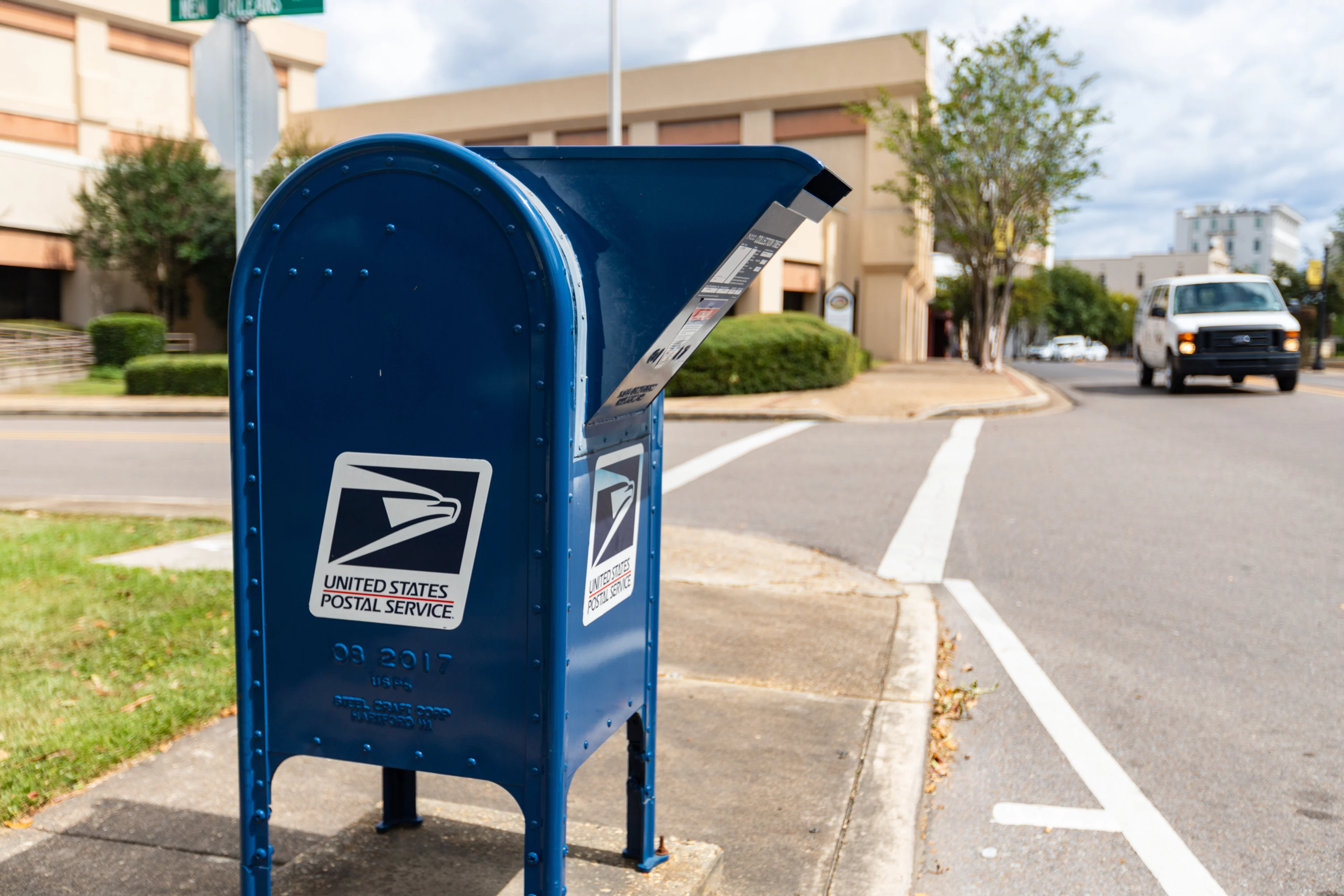
Do’s and Don’ts Once a Letter of Intent is Signed
In the event of a merger or acquisition of your business, the letter of intent (LOI) plays a crucial role in the transaction's success. While an LOI conveys the framework of an agreement, it doesn't mean the the deal is closed once it has been signed, as there are commonly external and internal factors that could derail the M&A process.
Understanding LOIs
An LOI creates an outline of the initial agreement between a buyer and seller, including the confidentiality, proposed transaction structure (for example, whether it is an asset or stock purchase), conditions that must be satisfied, purchase price, payment terms, assumed liabilities and more. When selling your business, you will want your LOI to cover as many of the important deal terms as possible before it comes time to sign. Once the LOI has been signed, the transaction enters the due diligence process, where the seller is typically unable to negotiate with other buyers. The overall due diligence process can take some time, and different components of the transaction may change from the initial LOI (such as the structure or purchase amount) as more information is exchanged and new findings come to light. If the due diligence process goes off without a hitch, there likely won't be changes to the LOI. However, for closely held businesses, it’s common for something to come up due to the level of information being exchanged and reviewed. While most findings won't impact the structure of the deal, there are a few cases where they can.
Do’s and Don’ts
Doeren Mayhew Capital Advisors highlight the key do’s and don’ts of your business once an LOI is signed in their latest article – read more here.


